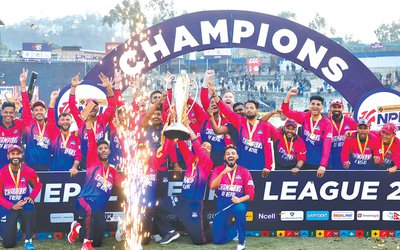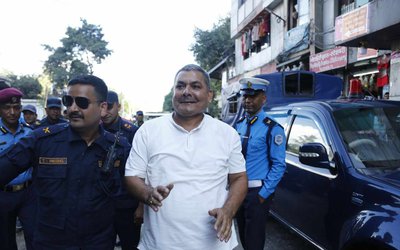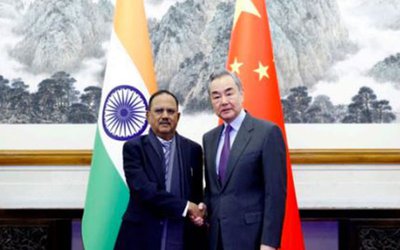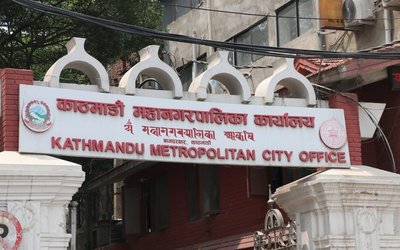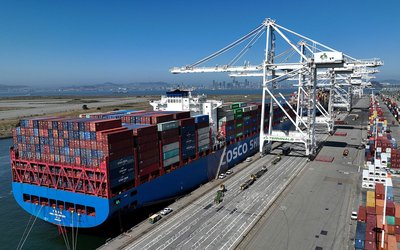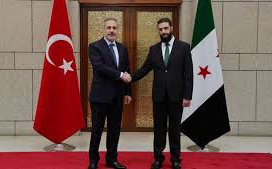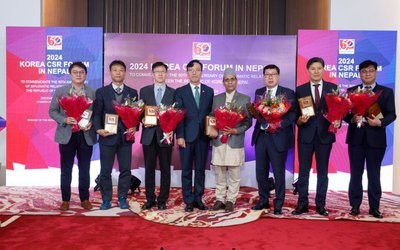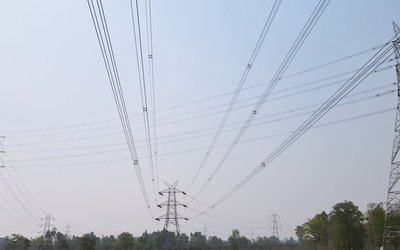News reports have it that the government plans to establish two think tank organizations to carry out researches and provide inputs to the government on strategic, foreign affairs, governance and economic development. Top incumbent and former bureaucrats have also proposed the creation of six advisory groups on security, foreign policy, governance, infrastructure, economic development and social security.
The creation of an autonomous strategic affairs think tank had been suggested by some patriots way back in the early 1990s, but the proposal apparently did not appeal to “democratic” governments as they thought their foreign patrons would not take such an initiative favorably. Such think tanks in other countries, for example in India and Sri Lanka, have considerable autonomy and appear to be staffed by competent people as opposed to political party activists, and have been providing valuable inputs to the government (e.g., in international trade negotiations or national economic policy making). The research and analysis of autonomous think tanks, which receive core funding from the government but can also pull in financial resources from national and foreign donors in a transparent manner, will equip policymakers and other interested stakeholders to assess and respond to the research and analysis churned out by all sorts of organizations that do the bidding of vested foreign interests.
Post-1990, political interference paralyzed pre-existing research centres like CEDA and CNAS such that they are now a pathetic shadow of their former selves. Given such a track record, the current caretaker government’s plan to establish two new think tanks raises pointed questions: Will the organizations be independent? Will political interference be the order of the day in these to-be-formed think thanks just as in other public agencies, even if they are autonomous in paper? Will they be yet another recruiting ground for political activists masquerading as researchers and buddhijivis?
It is reported that the Prime Minister’s Office will maintain a roster of former bureaucrats who will be roped in to conduct studies on policy and governance issues. There is a tendency among ex-bureaucrats in Nepal to speak from all sides of their mouth and assume the moral high ground, pretending to be “experts”, spewing out hackneyed suggestions on policy and governance, thinking that all readers and listeners are naïve and do not know about their past omissions and commissions when they were at the helm in Singha Durbar. While it would be unfair to say that there is not a single competent ex-bureaucrat around, the point is that there are too many nincompoops of ex-bureaucrats, who peddle agendas of petty personal, factional, party and, even more dangerously, foreign, interests, and they should not be rewarded for their failings as bureaucrats by offering them consultancies in their post-retirement years with tax payers’ money.
Will strict apolitical criteria be set and adhered to while recruiting consultants, or will the manner in which the super-jumbo economic advisory council of the prime minister was constituted be followed? Will the practice of doling out consultancies, including on economic issues, to people who do not even meet the minimum educational criteria be discontinued (eg, allowing people who do not even have a Master’s degree to, hold your breath, write policy papers and provide policy “inputs” )? Given the experience so far, it is most likely that a Kangressi government will rope in “prajatantrabadi” ex-bureaucrats, a UML government “pragatisheel” ones, and a Maoist government “krantikari” ones.
Will political parties and party-affiliated buddhijivis allow the existing Institute of Foreign Affairs to function autonomously and conduct serious studies on foreign policy matters? Will they make any effort to restore the past glory of CEDA and CNAS? If not, what is one to expect from the new think tanks except providing jobs to political party activists, intellectitutes and overrated ex-bureaucrats (and we have quite a few of them barking in the popular press)?
Besides, there is only so much that a think tank can do. Assuming that the think tanks are allowed to function without political interference, the question remains whether the government will have the guts to heed the recommendations flowing from the researches, especially those that may ruffle the feathers of foreign patrons. The first order requirement is a political class (whether in or out of government) that takes national interests to heart—not a PM that signs a controversial investment promotion and protection agreement with a neighbour without due consultations at home and has the audacity to say he had taken a "gamble" on such a sensitive issue, not a political class that sees nothing wrong with a criminal export-orientation of hydropower policy in practice.
We live in a society where a top-ranking ex-bureaucrat who could not institute a mechanism to prevent salary and allowance from being distributed to “missing” combatants, who had the cheek to say that nowhere in the world are the names of tax evaders (who cheat the government of revenue by producing fake bills) made public, and who is given to defending decisions to make choice hydropower projects export-oriented even as the country is reeling under crippling load-shedding with the childish argument that if there is domestic demand for the electricity generated from such projects the agreements can be easily revised to sell the power to the internal market, is felicitated as if he were the greatest man alive in Nepal. And such people are likely to be calling the shots in the advisory groups and think tanks—help!
- SWISS SUPPORT: Construction Of A Trekking Trail In Koshi
- Dec 19, 2024
- PM OLI'S VISIT TO CHINA: BRI Agreement
- Dec 16, 2024
- RASUWAGADHI AND SANJEN: Begin Generation
- Dec 03, 2024
- NEPAL, INDIA ELECTRICITY TRADE Nepal's Advantage
- Dec 02, 2024
- PM Oli'S VISIT TO CHINA: Nepal's Dilemma
- Dec 01, 2024

